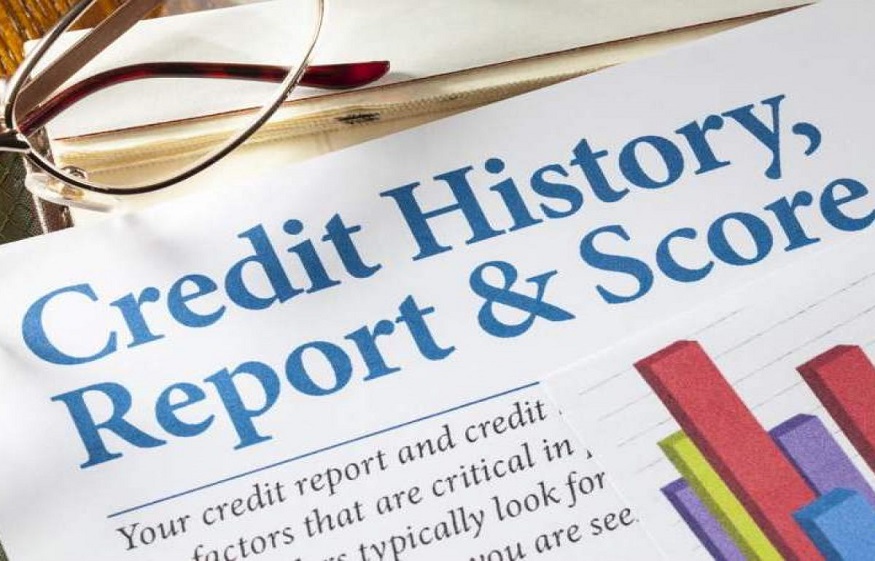Your credit record can be described as follows:
· A list of financial debts and a past record of how you’ve settled them, including credit cards, auto loans and university loans.
· Any bills referred to a debt collection agency, such as utility or clinical bills that you did not settle or repaid substantially late.
· Public-record details, such as tax obligation liens and bankruptcies that might be connected to you.
· Questions made by legal money lender Singapore institutions concerning your creditworthiness, showing how numerous inquiries were made regarding your credit and if you were given credit based upon the query.
· You have a right to evaluate your credit record and it’s recommended to do so before making an application for a loan in case there are inaccuracies you need to fix.
Summary of your credit record
As such, we would summarise that your credit reportshows specific information pertaining to your credit accounts, including your repayment record, to demonstrate how well you repay your debt and handle your debt.
This is a document of funds you have actually obtained, your background of paying it back and how much open credit is accessible to you. Lenders rely heavily on this information as it represents your creditworthiness and the probability that you’ll repay your mortgage.
Improving your credit record
Make frequent payments
If you have the ability to make small payments– often called micropayments– throughout the month, that can assist maintain your bank card balances down. Making multiple settlements throughout the month works on a credit variable called credit use, which has an effective result on scores.
Read more:How Nasdaq bpmx Has Influenced the Stock MarketIf you have the ability to maintain your usage low as opposed to allowing it build toward a settlement due date, it should benefit your rating right away. (You can monitor your credit use on each card and overall by viewing your credit profile online)
Span of credit history and age
It is actually counter productive to not have a history of credit or debt under your accounts. If you have a long record of effective borrowing and settling, lending institutions are likely to believe you’ll proceed with that behaviour. The duration of your credit history is based on a variety of variables, including the ages of your earliest and latest accounts and the average age of all your accounts.
Keep your credit cards open
If you’re rushing to improve your credit score, know that shutting credit cards can make the job harder. Closing a bank card means that you lose that card’s credit limit when your overall credit utilization is determined, which can lead to a lower score. Maintain the card open and utilize it occasionally so the issuer won’t shut it. Also, do request for lower minimal card spend or even waivers on the annual fees.




